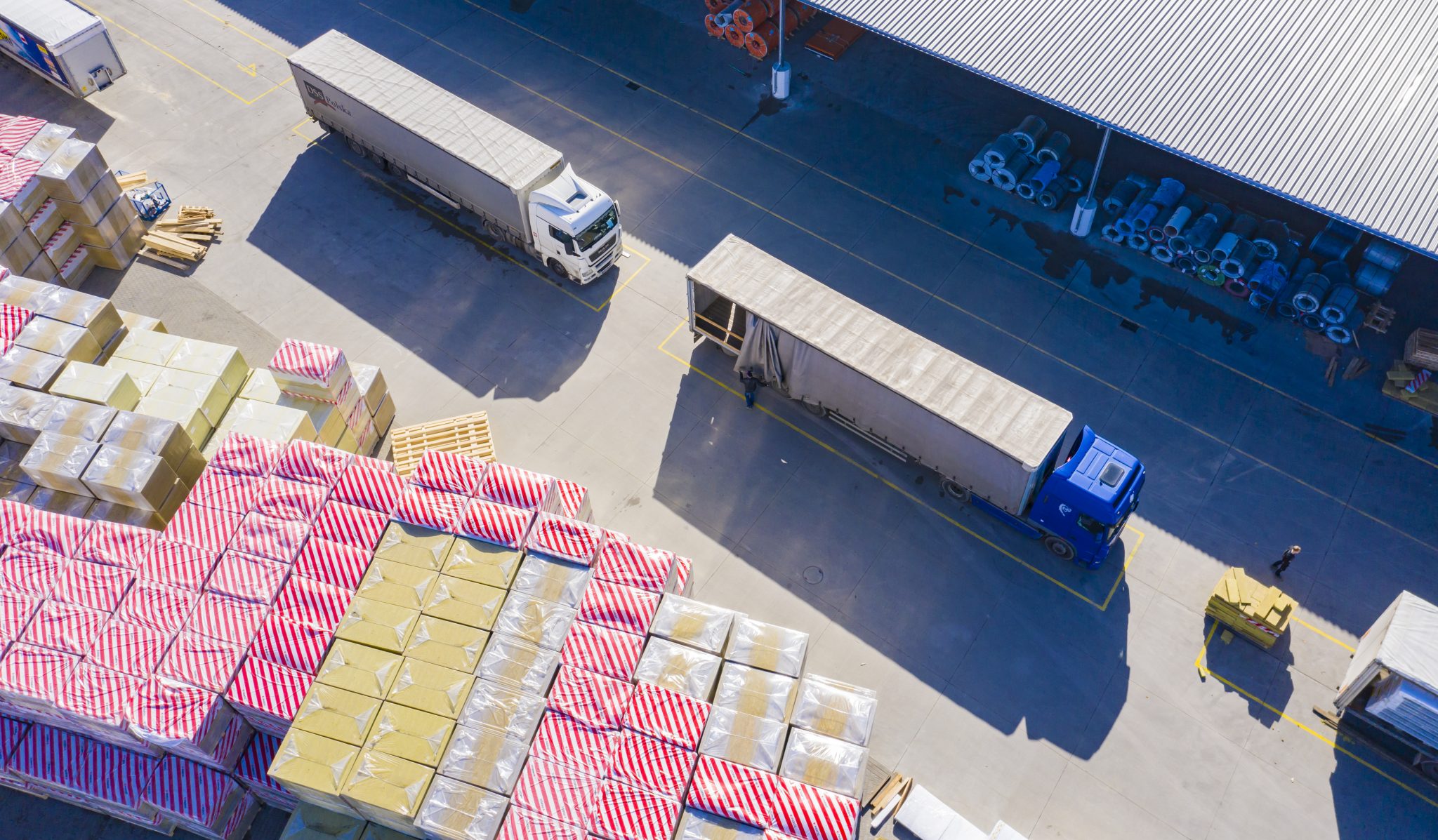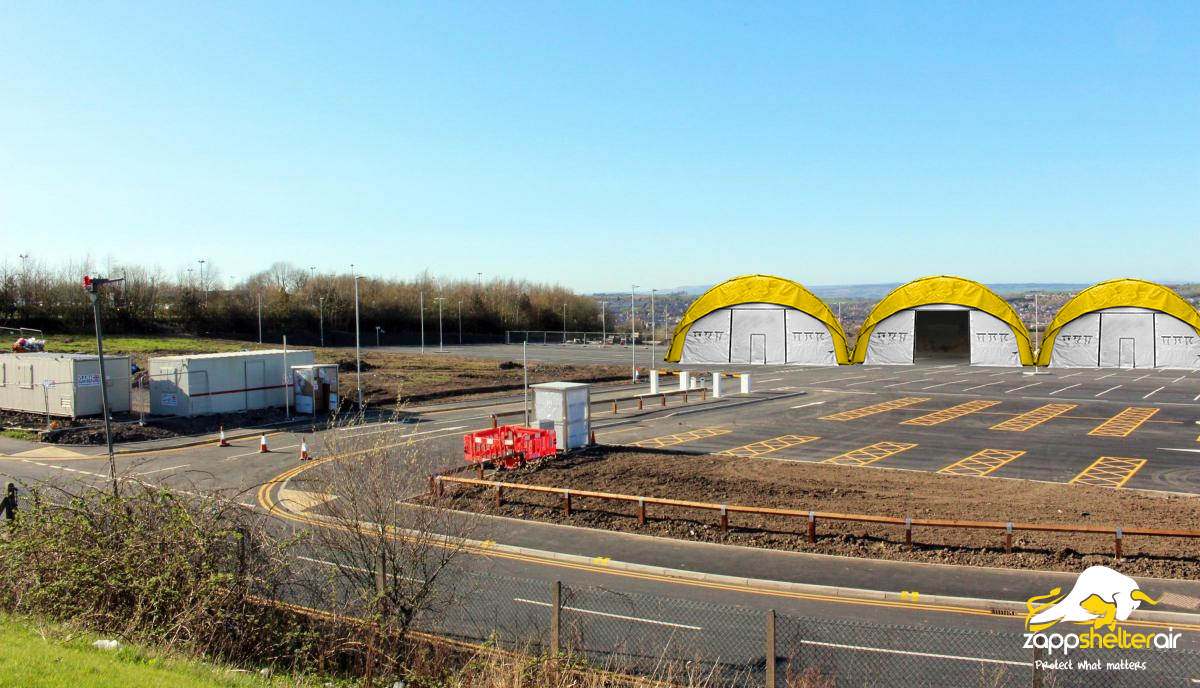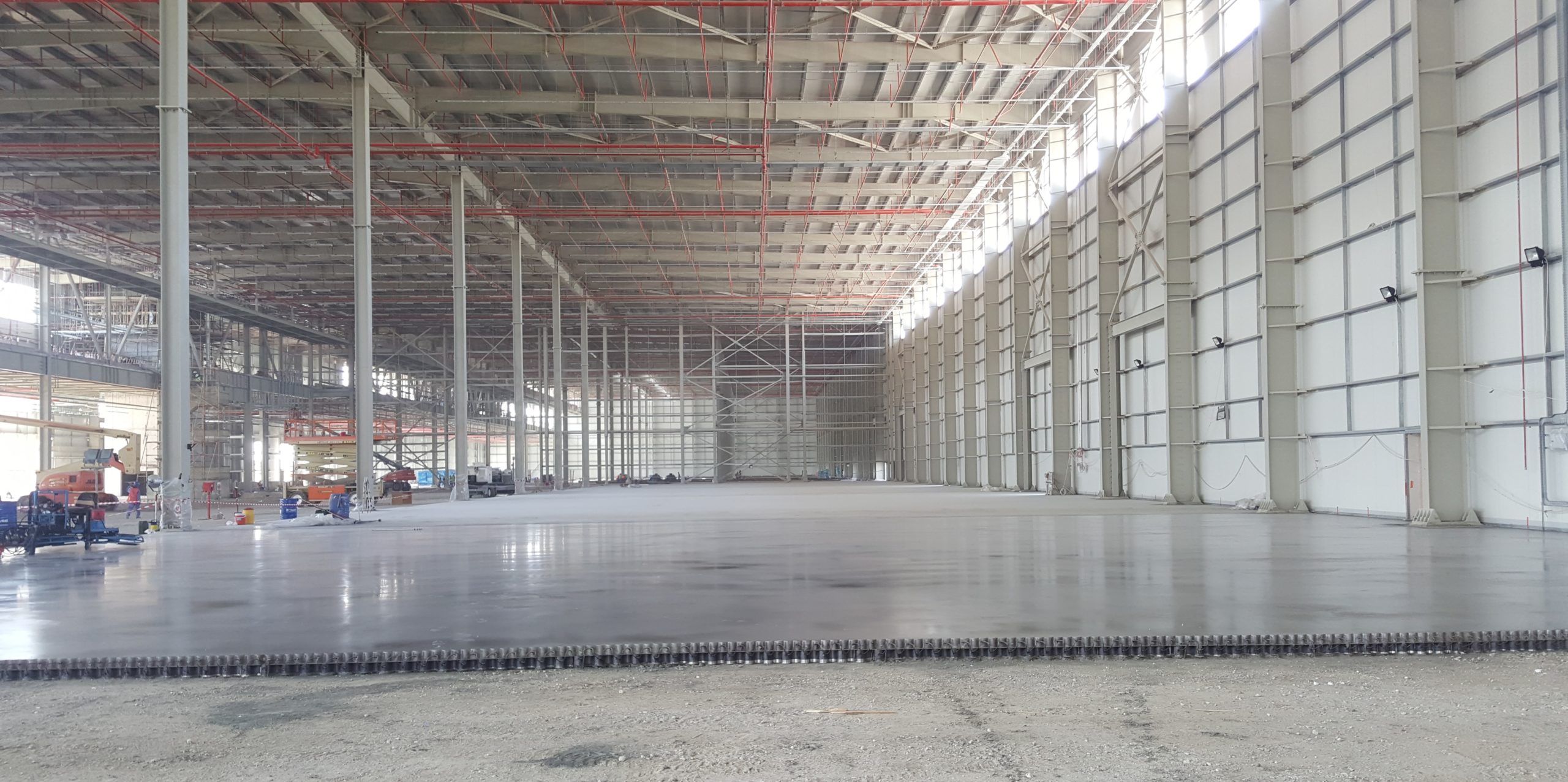With Covid-19 restriction measures across the UK coming into effect, national supply chains are being put to the test as demand for essential goods soars across the country. While some industries have experienced a reduction or halt in activity, volumes in demand for the food, beverage, and hygiene sectors have entered into peaks typically only seen during the Christmas period, according to digital road freight platform, Ontruck.
Now more than ever, the resilience of UK supply chains are being placed in the spotlight as carriers quickly adapt to the unprecedented challenge of keeping up with such volatile demand. “During these past weeks, our drivers on the frontline have been displaying exceptional strength of character in helping local businesses remain stocked and running with vital supplies,” says Samuel McGuirk, UK Country Manager at Ontruck. “We have seen a 500% increase in daily demand for specific food and beverage lanes for core essential consumer items, with loads for regular contracts in a state of flux” he continues, “we would like to express our gratitude to our carriers for their dedication in helping us to maintain supplies up and down the country during throughout this health crisis ”. Increasing restrictions and staff shortages have brought new complications to the market. While there certainly remains a demand for goods to be transported, with many brokerages, agencies and in some cases drivers having to remain home due to confinement measures, shippers face growing limitations in accessing their usual resources for delivering goods. Technology, however, is offering a 360-degree solution to solve this.
Rather than relying on large, fixed fleets, digital freight platforms can leverage the power of many by harnessing a wider network of truck drivers for a more dynamic fleet. “Aggregation models can consume large volumes of demand and distribute it evenly across the marketplace at the current demand rate, not subcontracted, allowing full cash opportunity to small businesses” explains McGuirk, “people also need to fully track their goods and coordinate arrival times in an unpredictable environment, and digital freight provides this, even under the most volatile circumstances”.
Small businesses account for eighty-five percent of Britain’s transport market and help to maintain the everyday flow of food, goods and medical supplies. Amidst the market vulnerability offset by Covid-19, local authorities may consider harnessing online freight platforms such as those provided by Ontruck as a means of democratically distributing essential goods, not only providing necessities for the nation but ensuring the livelihood of small businesses in the process.







